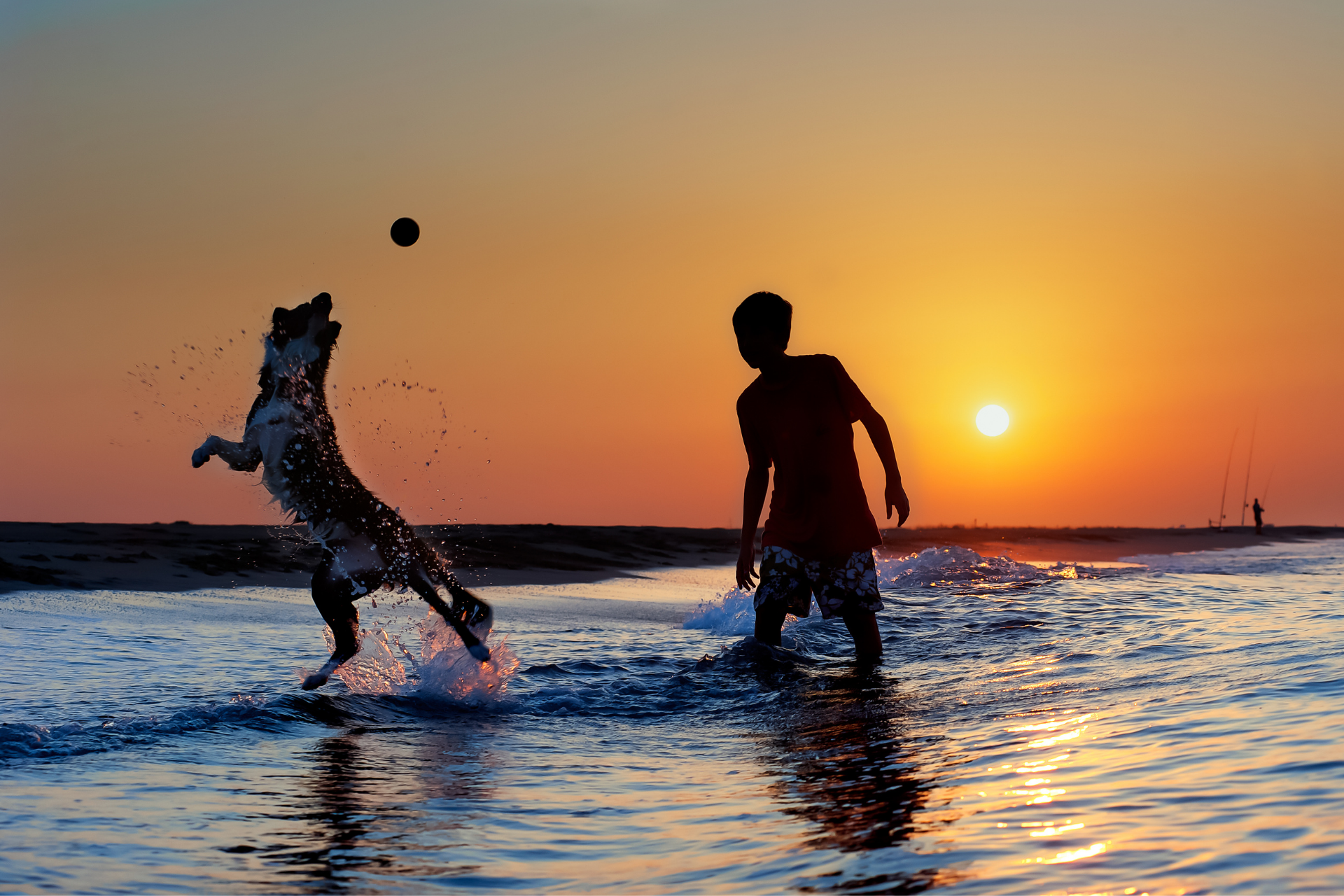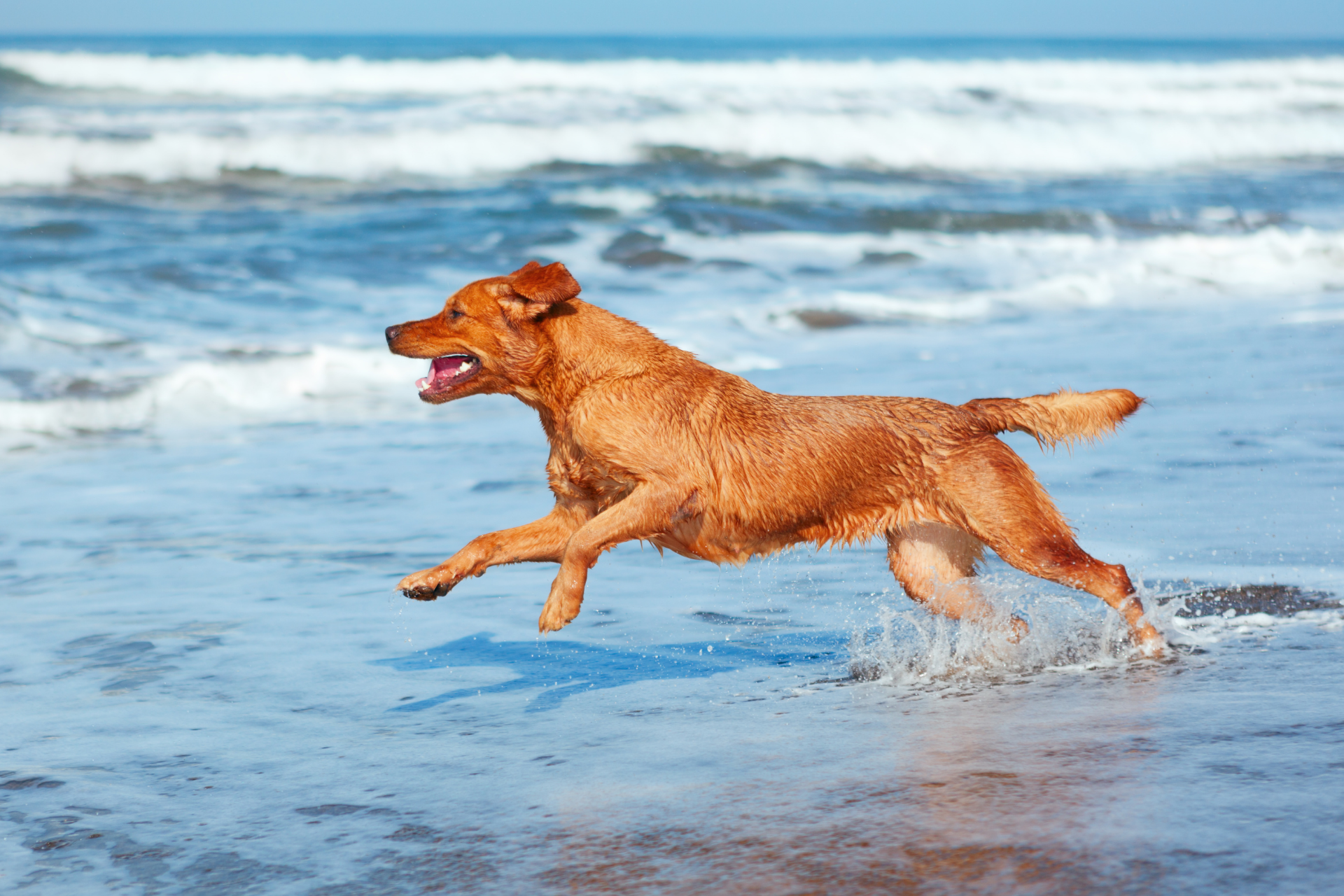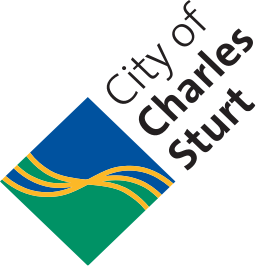To safely share the beach together be mindful of other people’s beliefs, experiences and fears. The following information will help us all enjoy the beach safely together.

When does my dog need to be on a lead on the beach?
Lead laws on the foreshore
Dogs must be on lead (2 metres or less) on the foreshore (Semaphore Park to West Beach) between 10am and 8pm during daylight savings period (approximately October to April).
Please remember extendable leads are not suitable – not only do they promote your dog pulling and are dangerous they also do not comply with the 2m lead length requirement.
Outside of those times, dogs may be off lead on the foreshore if they are under effective control.
What is Effective Control for my dog?
This means your dog needs to be under voice control, within sight and near you at all times.
If you can’t call your dog away from another person or dog, don’t let them off lead.
Please also be courteous of others sharing the off lead space with you. Call your dog away from other dogs or people, unless they are obviously seeking interaction.
Remember regardless of your dog’s size, temperament or age they are not permitted to jump on another, person or animal or be causing any discomfort to other beach users.
Can I have my dog off lead along the coast (footpaths along the coast) during the designated off lead time?
Dogs must be on a lead (2 metres or less) in any roads, footpaths, paths, squares or other public spaces unless otherwise stated. It also includes a private place without the consent of the occupier.
Regardless of the space, dogs must be on a lead (2 metres or less) within 5 metres of any playground.
Remember the entire Henley Square is an on lead at all times area.
What is the deal with dog poo?
Walking your dog in public does require you to carry a suitable dog waste bag at all times. The City of Charles Sturt does provide dog waste bags within various high use locations around our City however this this provided as an additional courtesy and should not be exclusively relied on.
Please remember to always pick up after your dog and dispose of the bag in an appropriate bin.
A day at the beach

Land nesting birds
Red Capped Plovers and Hooded Plovers are two land nesting birds which have recently decided to call City of Charles Sturt home.
These birds are incredibly vulnerable and we would love to see them grow and fly to their full potential.
Dogs being curious and friendly souls do like to explore and get close to these birds which is one of the main threats to their survival.
As much as it may appear that the dogs are “playing” they are indeed causing great distress to these birds.
When you do see a sign indicating the birds are nesting or in the area please leash your dog, only walk below the high tide mark and move away quietly.
Find out more about Red Capped Plovers, the smallest beach nesting bird.
Find out more about the Hooded Plovers or the Hoodies.
The dunes
At the City of Charles Sturt, we have some of the most beautiful beaches in South Australia. Our 11.5km of coastline includes beaches and sand dunes from Semaphore Park to West Beach.
Our dune and coastal zone is the buffer between the land and sea. It's a special place to live, play and relax.
Before European settlement the back of our dunal system was swampy. The area from West Beach northwards met with the salt marsh and tidal estuary that is now West Lakes.
Our local coastal area is home to a rich biodiversity of flora and fauna. Local plant species include beach shrubs and groundcovers like Acacia, Native Pigface and Ruby Saltbush. Read more about our Local Coastal Plants.
Our remaining narrow coastal strip is home to a variety of birds, insects and reptiles. Take a walk through the coastal reserve and you might see the Australian Kestrel, Pacific Gull and Bearded Dragon.
To help protect our coast
- Keep your dog on a lead at the beach and don't let them wander through the dunes.
- Keep cats inside at night and avoid letting them roam through the coastal reserve.
- Do not dump lawn clippings or general rubbish in coastal areas.
- Do not plant exotic vegetation (including lawn) on public land.
- Plant native coastal plants in your garden (you can find these at local nurseries).
- Use designated paths when going to and from the beach.
